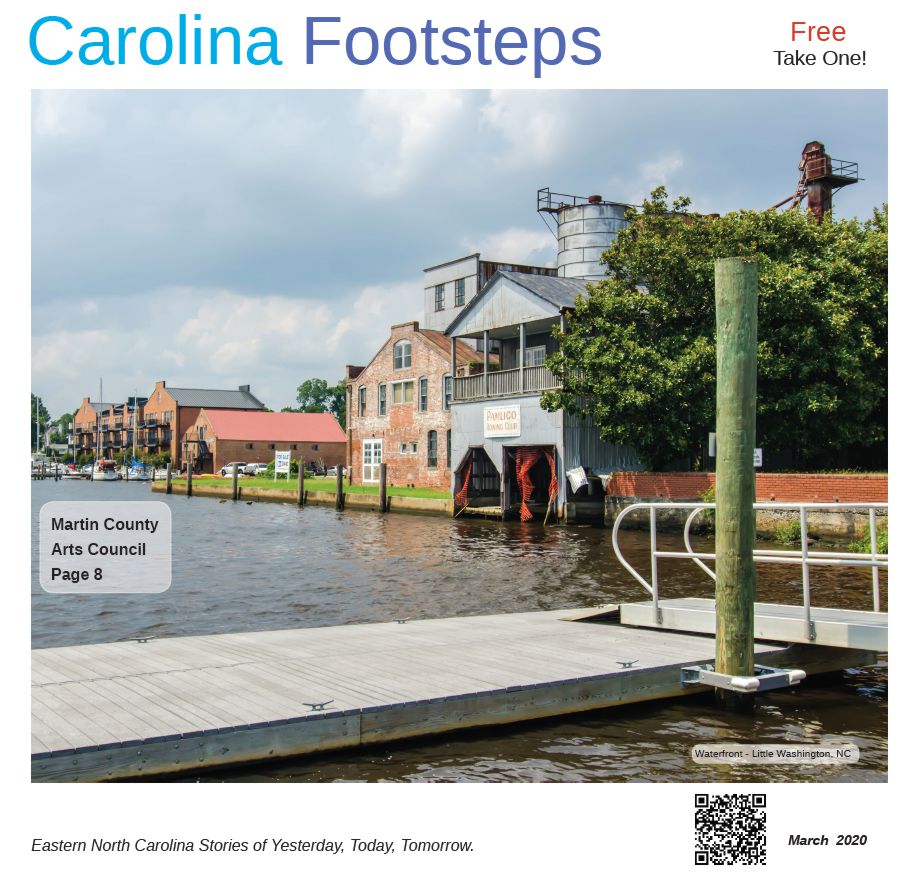I
have recently written about the importance of planning: making your
wishes known to family members and friends. It’s not just about
making your will; it’s about planning for unforeseen circumstances
during your lifetime. Here’s an example that illustrates the
importance of some advance planning.
A
few years ago, I was contacted by Rebecca. Her friend, Lillian, had
suffered a stroke and was unable to communicate with her doctors,
family members, or friends. Although Lillian had 2 children living
nearby, they were busy with their families and at a loss as to what
to do to assist their mother. After lying in the intensive care unit
for several months and then being transferred to a nursing home for
rehabilitation, Lillian’s bills were quickly piling up. Her family
thought Medicaid would pay for Lillian’s care, but they didn’t
know what to do or how to apply for assistance. Soon the creditors
started calling and Medicaid denied Lillian’s application for lack
of information. How could Lillian have planned and what will happen
to this woman?
This
is a difficult situation; it will not be resolved quickly. First,
when Lillian was capable and competent she would have been wise to
execute a durable power of
attorney. This is a legal
instrument giving another person, whether a family member or a
friend, full authority to act on your behalf and deal with your
property should you become disabled or need their help. Also,
Lillian may have thought it important to have a healthcare
power of attorney. This
document deals with healthcare decisions and if Lillian was unable to
make or communicate her healthcare decisions, she could have given a
friend or child the power to make healthcare decisions for her. The
practical aspect is that Lillian’s agent could pay her bills,
manage her finances, and give insurance information to medical
providers. Lillian’s healthcare agent would have been making
decisions regarding which nursing home to move her to and talking
with her doctors about care treatment plans. But Lillian doesn’t
have either power of attorney document and she’s incapable of
executing any now, assuming she’s physically and/or mentally
incapacitated after her stroke. So what
are her options?
A
family member or friend will have to petition the Clerk of Court in a
guardianship proceeding. Evidence will be heard to determine whether
or not Lillian is competent. If Lillian is determined to be
incompetent, a guardian will need to be appointed for her. A
guardian is a court-appointed fiduciary who will make healthcare and
financial decisions for Lillian. The guardian will make healthcare
decisions and locate Lillian’s assets and begin to pay her bills
and manage her affairs. While I have simplified the process in this
article, there is considerable time and expense involved when a
guardianship is required. Also, it is necessary for a bond to be
posted, which adds time and costs money.
So,
assuming Lillian is now being looked after by her guardian, what
about paying for her care?
First, the guardian may have discovered whether or not Lillian has
health insurance and some coverage may be available per the contract.
If so, that may only be temporary. What are Lillian’s assets?
That may be more difficult to answer, but the guardian will be
charged with discovering and recovering her assets.
Many
people do not realize that Medicaid
only pays as a last resort. If
you have assets and can afford to pay for your long-term care, you
are responsible for the cost of your care. To simplify, Medicaid
does not pay for long-term care unless the individual has less than
$2,000 in countable resources and the cost of care is greater than
the individual’s income. If the guardian discovers that Lillian
has cash or investments worth $10,000 or more, then Lillian will have
to pay for her own care. While Lillian’s guardian may benefit from
the assistance of an Elder Law attorney to assist in planning for
Lillian’s care costs, Lillian is responsible for paying for the
cost of her own care. A discussion of Medicaid is beyond the scope
of this article.
What
can be learned from this example?
You are never too young to plan – Lillian was only 59 years young
when she suffered her stroke. While it would be nice to think that
our children will be there for us in our old age, like we were there
for them, that’s not always the case and sometimes we have to look
realistically at our children’s strengths and weaknesses. Is my
daughter too emotional and unable to deal with stressful situations?
Are my sons too busy or irresponsible to assist me when I need them?
Is my daughter’s husband really after my money? Would I be better
off asking a professional rather than a family member to manage my
finances if necessary?
Don’t wait until an emergency occurs
before asking yourself these tough questions. This article is just
to inform you of some things to consider in your estate planning.
Stella
Knight is an attorney licensed in North Carolina and Florida, with a
major area of her law practice emphasizing estate planning, probate,
trusts, wealth preservation and elder law.
This
is a fictitious situation to illustrate the principles discussed.
The information contained in this column is of a general nature and
does not constitute legal advice. If you have questions, consult
with a qualified attorney.
The importance of planning By Stella Knight
 Reviewed by kensunm
on
7:00:00 PM
Rating:
Reviewed by kensunm
on
7:00:00 PM
Rating:
 Reviewed by kensunm
on
7:00:00 PM
Rating:
Reviewed by kensunm
on
7:00:00 PM
Rating:







No comments: